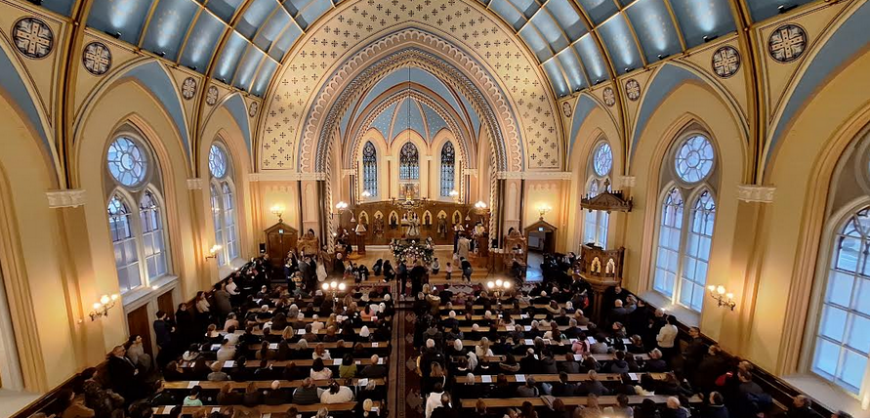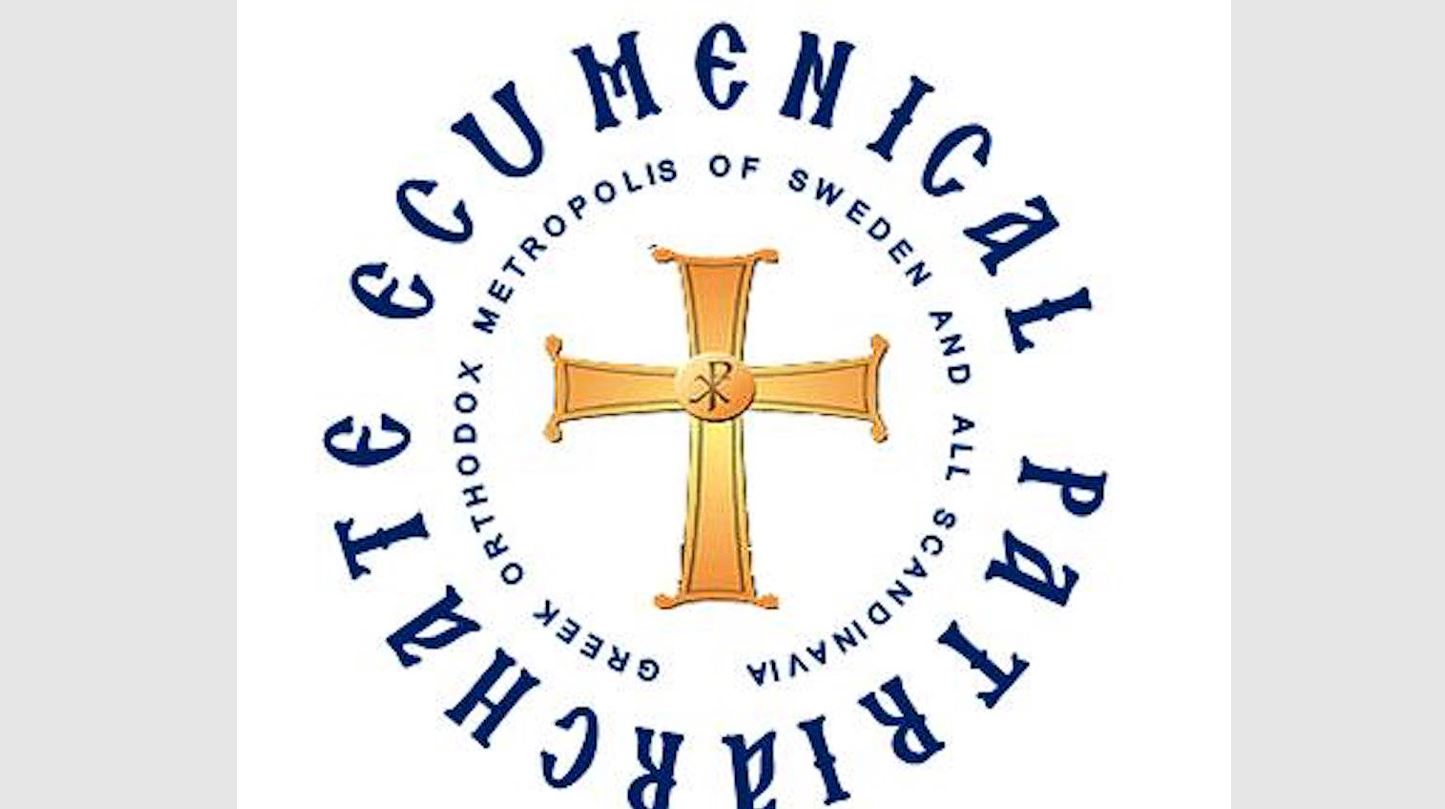Today, the Church of Christ celebrates the glorious and radiant “first day after the Sabbath,” when the uncreated light dawned from the Holy and Life-bearing Sepulcher.
Christ’s death is synonymous with His Resurrection and our Resurrection together with Him. It represents “a different outlook on life,” as St. Athanasios the Great professes. In other words, the Resurrection is the end of the Passion, the state that comes after and takes the place of the tragedy of the Cross.
“He deigned to accept death, to give life to all of us who were in the shadow of death. That is why we look scorn death as weak. We no longer fear it, but rather, we trample upon it,” St. Basil the Great teaches us.
On the road to Golgotha, the Lord asks us to take up our cross along with Him, as Simon of Cyrene did, and share in His Passion, since He has become a Simon of Cyrene to us, taking up our daily cross and granting us the redemption of the resurrection and salvation.
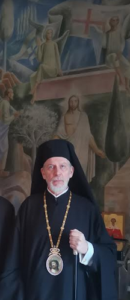
The Lord’s Resurrection marks the aim of God’s love for humanity. “For God so loved the world that He gave His only begotten Son, that whosoever believes in Him should not perish, but have eternal life.”
The Risen Christ speaks to each of us individually, through the words of St. John Chrysostom: “To you I am a father, a brother, a bridegroom, a house, sustenance, clothing, the root, the foundation. You are everything to me; a brother, and a co-heir, and a friend, and a member of my body.” “For the Master is gracious and receives the last, even as the first.”
Christ’s Resurrection serves as a timeless invitation to faithful and faithless alike. The Disciples, hidden in the upper chamber of a home, doubted the account they received regarding the appearance of the Risen Christ to the Myrrh-bearing women, attributing it to female embellishment.
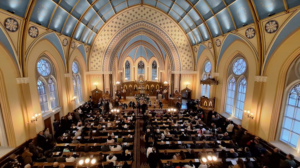
On the road to Emmaus, Luke and Cleopas were unable to recognize the Lord, although they were traveling alongside Him. Thomas sought to affirm all that the other Disciples has told Him about the Lord’s appearance to them in the chamber by touching Christ’s palms and side.
In this era of modern-day progress, arrogant self-sustenance, rationalism and the insatiable pursuit of pleasure, the event of the Resurrection is rejected and marginalized because it does not belong to the realm of rationality or irrationalism to which we have now become accustomed, but approaches that which transcends logic and is comprehended via simple and unadulterated faith. It is an event that transcends nature; a truly divine reality that surpasses reason.
In his paschal homily, which we shall read tonight, St. John Chrysostom preaches that “forgiveness has risen from the tomb.” This is the language of Christianity, this is the new global dialect of love and reconciliation, the new message that is directed to the entire universe. May it prevail over selfish self-interest, egotistical self-centeredness, hatred, war, expansionist pursuits, racial and other prejudices.
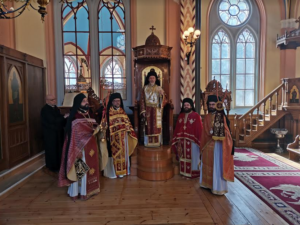
Tonight, on the evening of the brilliant Resurrection, let us receive light from the unwaning Light, and let us all “become divine light, as offspring of the divine light.” Let us follow along as fellow travelers on the journey to Emmaus, so that we too may meet the Risen Christ, as Luke and Cleopas did.
Our responsibilities as Christians take on a new dimension with the new commandment given by the Risen Christ: “Go forth and teach all the nations.” We are called to become missionaries to our families, our wider social circle, and the entire world!
A life of sacrificial contribution toward our fellow man – the least of Christ’s brethren – guarantees the joy of the Resurrection, inasmuch as “joy has come to the entire world through the Cross.”
The Lord’s words affirm His eternal presence in our life: “Behold, I am with you always, even unto the end of the age.” All that is needed is for us to allow Him to become a participant in our joy and in the entirety of our life.

